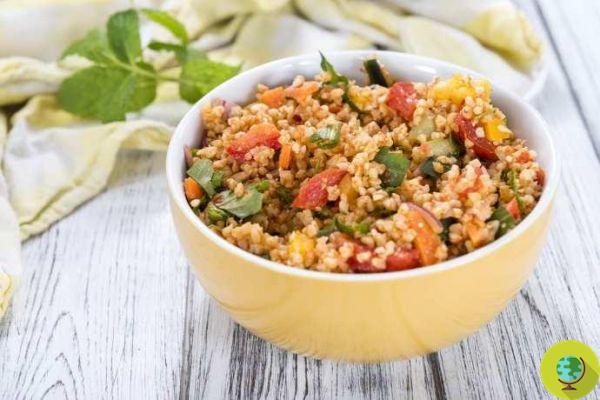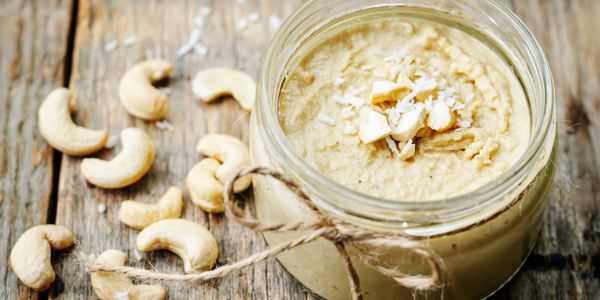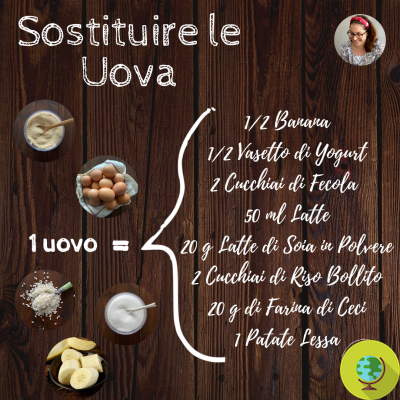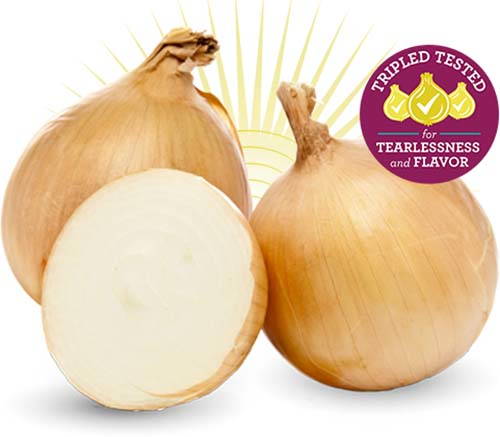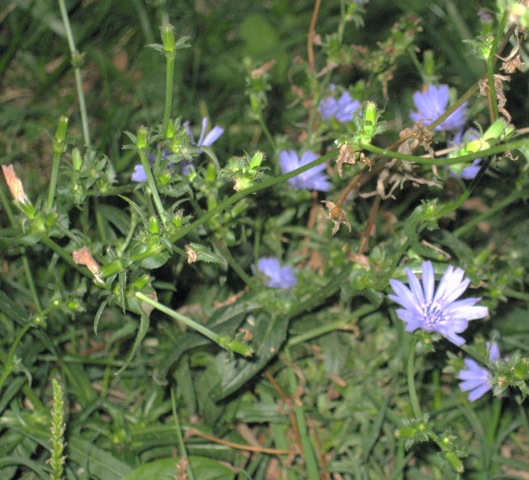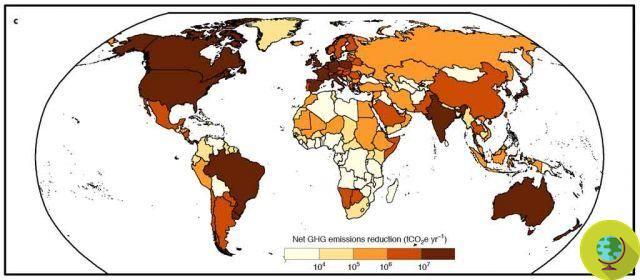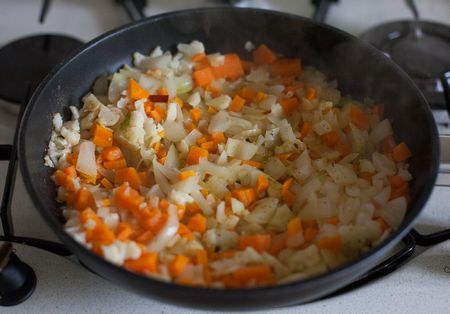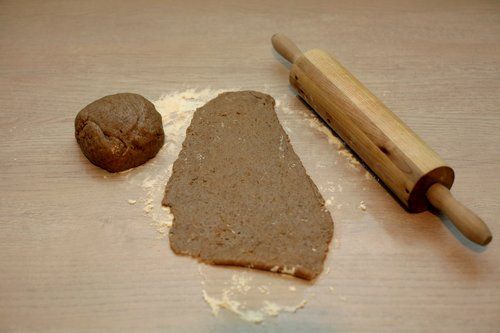Qinoa. Is Quinoa Growing Really Sustainable? 2013 is the International Year of Quinoa, a grain-like food, similar to a cereal, which until recently was known exclusively to the Andean populations. The popularity of quinoa in recent times has spread to much of the world. The credit goes to its nutritional properties and its health benefits.
Don't store avocado like this: it's dangerous
Cultivation of the Quinoa is it really sustainable? 2013 is theInternational Year of Quinoa, a food in grains, similar to a cereal, which until recently was known exclusively to Andean populations. Quinoa's popularity has reached much of the world in recent times. The merit is yours nutritional properties and his health benefits.
In fact, quinoa contains all 9 essential amino acids to the proper functioning of our body. Its protein intake is higher than that of rice or wheat, a characteristic that makes it a useful food for varying the diet. Quinoa is nutritious, low in calories and gluten-free. Not surprisingly, for centuries it has been one of the main foods for the inhabitants of the Andes.
Now that the use of quinoa in cooking has crossed the South American borders, the purchase demand for its grains has grown. It is feared that an increase in its cultivation could cause negative effects on the lifestyle of local populations, although the production of quinoa is usually inserted in fair trade circuits.
The greatest fear in this regard was recently expressed in the pages of The Guardian, with an article aimed at finding the "truth" about quinoa and its "Bitter aftertaste". Thanks to power of marketing, quinoa is no longer a niche product, available only in fair trade shops and organic shops, but a now very popular food, also widespread in supermarkets.
From 2006 to today the price of quinoa is tripled. Consumers are willing to pay more for a beneficial and "exotic" food, but how much they earn really the peasants who take care of its cultivation? Are we exploiting the work of local farmers and their land?
Opinions on the matter they are numerous and they understand the voices of those who argue - with bitter irony - that thanks to the cultivation of quinoa, South American populations will now be able to improve their lifestyle, especially thanks to the growth in exports of this food to foreign countries.
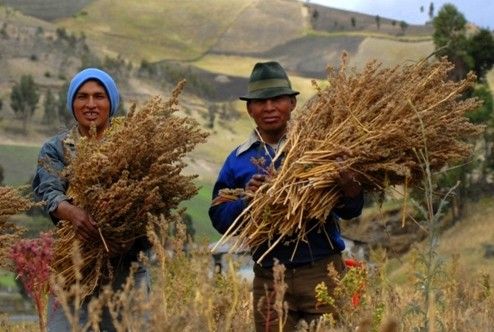
photo source: organicroad.com.au
With larger amounts of money available, local farmers would tend to vary their diet, in turn buying food from abroad. While we "Westerners" want to feed on quinoa, the Andean populations they risk forgetting the staple of their predecessors' diet and neglecting its benefits. There is perhaps the risk that the Andean peoples lose theirs authenticity?
The boom in quinoa production could turn into a possibility enrichment for the few and in one false hope di economic redemption for local populations. The whole process should be brought under control to avoid speculation and to protect the farmers engaged in the hard work of the fields every day. When we buy quinoa, therefore, let's rely on safe fair trade circuits, which guarantee real respect for the environment and farmers.
Photo source: guardian.co.uk
READ also:
10 tasty quinoa recipes






